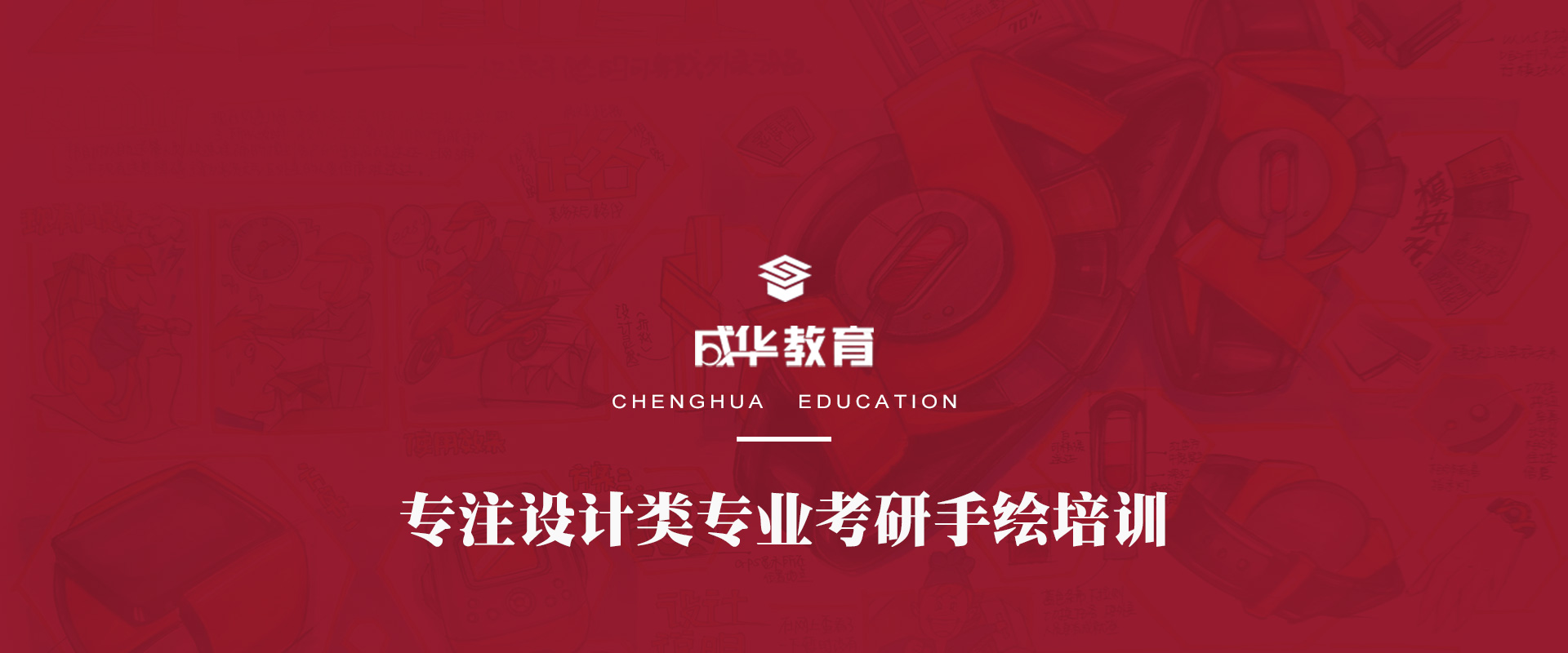2019考研英语(二)真题+答案详解(完整版)(2)
发布日期:2020-06-12 16:17:20 点击:次
Section II Reading Comprehension
Part A
Directions:
Read the following four texts. Answer the questions below each text by choosing A,B,C or D.Mark your answers on the
ANSWER SHEET.(40 points)
Text 1
Unlike so-called basic emotions such as sadness, fear, and anger, guilt emerges a little later, in conjunction with a child’s growing grasp of social and moral norms. Children aren’t born knowing how to say “I’m sorry”; rather, they learn over time that such statements appease parents and friends—and their own consciences. This is why researchers generally regard so-called moral guilt, in the right amount, to be a good thing.
In the popular imagination, of course, guilt still gets a bad rap. It is deeply uncomfortable—it’s the emotional equivalent of wearing a jacket weighted with stones. Yet this understanding is outdated. “There has been a kind of revival or a rethinking about what guilt is and what role guilt can serve,” says Amrisha Vaish, a psychology researcher at the University of Virginia, adding that this revival is part of a larger recognition that emotions aren’t binary—feelings that may be advantageous in one context may be harmful in another. Jealousy and anger, for example, may have evolved to alert us to important inequalities. Too much happiness can be destructive.
And guilt, by prompting us to think more deeply about our goodness, can encourage humans to make up for errors and fix relationships. Guilt, in other words, can help hold a cooperative species together. It is a kind of social glue.
Viewed in this light, guilt is an opportunity. Work by Tina Malti, a psychology professor at the University of Toronto, suggests that guilt may compensate for an emotional deficiency. In a number of studies, Malti and others have shown that guilt and sympathy may represent different pathways to cooperation and sharing. Some kids who are low in sympathy may make up for that shortfall by experiencing more guilt, which can rein in their nastier impulses. And vice versa: High sympathy can substitute for low guilt.
In a 2014 study, for example, Malti looked at 244 children. Using caregiver assessments and the children’s self-observations, she rated each child’s overall sympathy level and his or her tendency to feel negative emotions after moral transgressions. Then the kids were handed chocolate coins, and given a chance to share them with an anonymous child. For the low-sympathy kids, how much they shared appeared to turn on how inclined they were to feel guilty. The guilt-prone ones shared more, even though they hadn’t magically become more sympathetic to the other child’s deprivation.
“That’s good news,” Malti says. “We can be prosocial because we caused harm and we feel regret.”
21.Researchers think that guilt can be a good thing because it may help______.
A)regulate a child's basic emotions
B)improve a child's intellectual ability
C)foster a child’s moral development
D)intensity a child's positive feelings
22.According to paragraph 2, many people still consider guilt to be______.
A)deceptive
B)burdensome
C)addictive
D) deception
23. Vaish hold that the rethinking about guilt comes from an awareness that______.
A)emotions are context-independent
B)emotions are socially constructive
C)emotional stability can benefit health
D)an emotion can play opposing roles
24. Malti and others have shown that cooperation and sharing _______.
A. may help correct emotional deficiencies
B. can result from either sympathy or guilt
C. can bring about emotional satisfaction
D. may be the outcome of impulsive acts
25. The word “transgressions” (Line 4, Para.5) is closest in meaning to _______.
A. teachings
B. discussions
C. restrictions
D. wrongdoings
21-25
参考答案及解析:
21. 【答案】[C] foster a child’s moral development
【解析】根据题干Researchers think that guilt can be a good thing because it may help______.内容定位到第一段最后一句This is why researchers generally regard so-called moral guilt, in the right amount, to be a good thing. 由最后一句的this指代词,可知原因在第一段的前几句,根据第一句Unlike so-called basic emotions such as sadness, fear, and anger, guilt emerges a little later, in conjunction with a child’s growing grasp of social and moral norms. 和第二句Children aren’t born knowing how to say “I’m sorry”; rather, they learn over time that such statements appease parents and friends—and their own consciences. 可知内疚不是天生的,而是和一个孩子的道德规范有关,是通过后天学习获得的。因此答案是C 选项 foster a child’s moral development。
22. 【答案】[B] burdensome
【解析】根据题干According to paragraph 2, many people still consider guilt to be______.定位到第二段第一句In the popular imagination, of course, guilt still gets a bad rap. 另外第二句It is deeply uncomfortable—it’s the emotional equivalent of wearing a jacket weighted with stones. 也进一步解释了第一句。由这两句可知许多人认为内疚是不好的,令人不舒服的,让人感觉沉重,就像是衣服口袋里有石头一样,因此答案为B选项burdensome。
23. 【答案】[D] an emotion can play opposing roles
【解析】根据题干Vaish hold that the rethinking about guilt comes from an awareness that______.中的关键词Vaish定位到第二段第四句,根据第四句中的adding that this revival is part of a larger recognition that emotions aren’t binary—feelings that may be advantageous in one context may be harmful in another. 可知这种复兴是更大的认识的一部分,即情绪不是二元情感,在一个情境中有利的情绪,在一个情景中可能是有害的。其中第4句中的revival和题干中的rethinking对应,第四句中的recognition和题干中的awareness对应,因此答案是D 选项 an emotion can play opposing roles。
24. 【答案】[B] can result from either sympahty or guilt
【解析】根据题干Malti and others have shown that cooperation and sharing _______. 定位到第四段第三句 In a number of studies, Malti and others have shown that guilt and sympathy may represent different pathways to cooperation and sharing. 根据第三句可知内疚和和同情可能代表了通往合作和分享的不同的路径。可以得出,答案是B 选项can result from either sympahty or guilt。
25. 【答案】[D] wrongdoings
【解析】根据题干中的关键词transgressions可以定位到第五段第二句Using caregiver assessments and the children’s self-observations, she rated each child’s overall sympathy level and his or her tendency to feel negative emotions after moral transgressions. 根据第二句中的 feel negative emotions after moral transgressions. 可以看到negative emotions 来源于transgressions. 而negative emotions表示负面情绪是贬义的,因此对比4个选项,可以得出答案是D选项wrongdoings.
共7页: 上一页1234567下一页


